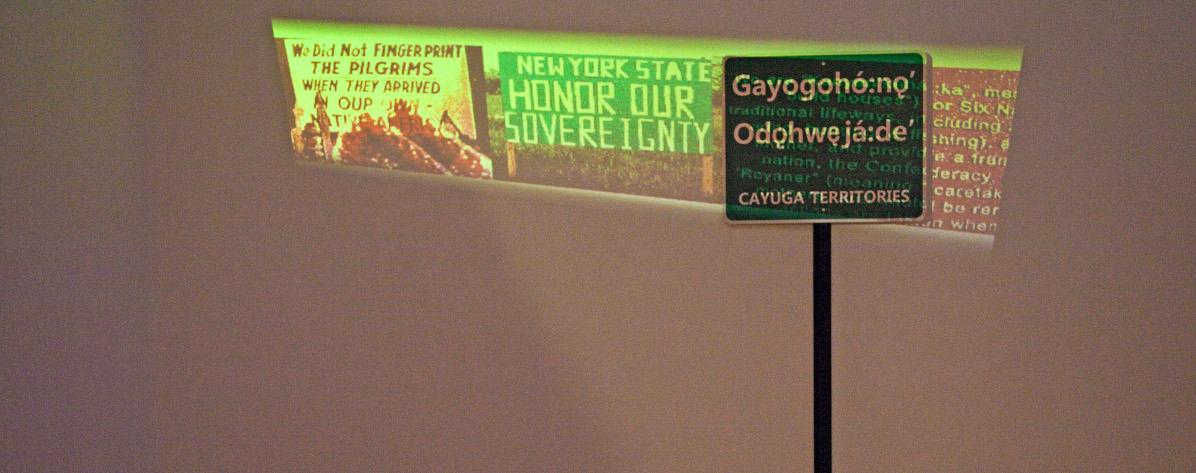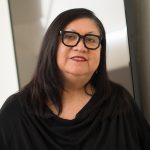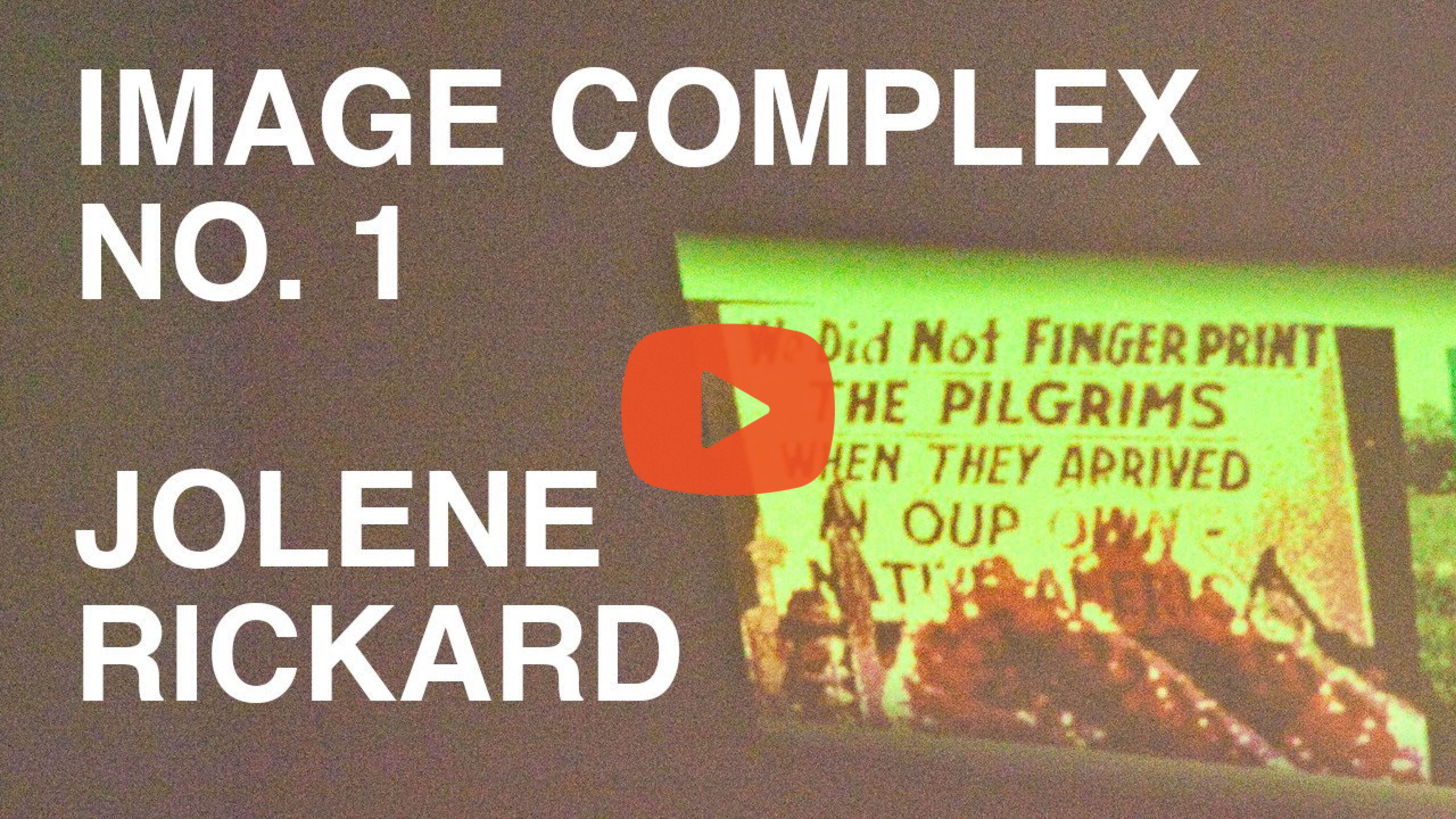On Indigenous visual sovereignty

The history of power in the United States can be told as a history of visual infrastructures: institutions and practices that govern how we perceive, and what we can do.
Jolene Rickard is one of the most important thinkers of this history. As an artist, her work has explored the way photography has operated as a technique of settler-colonialism, and as a key document of Indigenous survival. As a curator and visual historian, she has articulated the claims of global Indigenous art on the contemporary.
In this lecture, Rickard introduces us to her concept of “Indigenous visual sovereignty”: a mode of power that emerges not from European political philosophy, but from the long history of Hodinöhsö:ni ideas and practices. In the 19th and 20th centuries, this mode of sovereignty re-organised itself to engage with the settler-colonial infrastructures of treaties and borders – a struggle that Gayogo̱hó:nǫ (Cayuga) Chief Deskaheh (Levi General) and Rickard’s grandfather, Clinton Rickard, called “fighting for the line”.
About the Speaker
A selection of Jolene Rickard's publications includes: Diversifying Sovereignty and the Reception of Indigenous Art, Art Journal 76, no. 2 (2017), Aesthetics, Violence and Indigeneity, Public 27, no. 54 (Winter 2016), Arts of Dispossession, in From Tierra del Fuego to the Artic: Landscape Painting in the Americas, Art Gallery of Ontario (2015), The Emergence of Global Indigenous Art, Sakahán, National Gallery of Canada (2013), and Visualizing Sovereignty in the Time of Biometric Sensors, The South Atlantic Quarterly: Sovereignty, Indigeneity, and the Law, 110:2 (2011). Recent exhibitions include the Minneapolis Institute of Arts national exhibition, Hearts of Our People: Native Women Artists, 2019-2021, Crystal Bridges Museum of Art, Art For a New Understanding: Native Voices, 1950’s to Now, 2018-2020. Jolene is on the editorial board of American Art, a founding Board-member for the Otsego Institute for Native American Art and an advisor to GRASAC-The Great Lakes Alliance for the Study of Aboriginal Arts and Culture.
About the Lecture
This lecture took place online on 11 September 2020. It was part of the 2020 lecture series “Image Complex: Art, Visuality and Power in the United States”, co-organized by the Power Institute and Discipline journal.
People

Jolene Rickard
Jolene Rickard is an artist, curator, and visual historian, specialising in issues of Indigeneity within a global context. She is a 2020 Fulbright Research Scholar at McMaster University, ON, CA, an Associate Professor in the departments of History of Art and Art, and the former Director of the American Indian and Indigenous Studies Program 2008-2020 (AIISP) at Cornell University, Ithaca, NY. Jolene is from the Tuscarora Nation (Turtle Clan), Hodinöhsö:ni Confederacy.
Since the 1980s, Professor Rickard’s photographic and installation art has been included in landmark exhibitions, from “We the People” (Artists Space New York, 1987) to the current “Hearts of our People: Native Women Artists” (Minneapolis Institute of Art, 2020). Rickard has also curated numerous exhibitions of Indigenous art, and co-curated two of the four permanent exhibitions for the Smithsonian’s National Museum of the American Indian. She has published widely on Indigenous art and politics, her most recent article being “Unintentional Inclusion and Indigenous Art” (Art Practical, May 2020).

